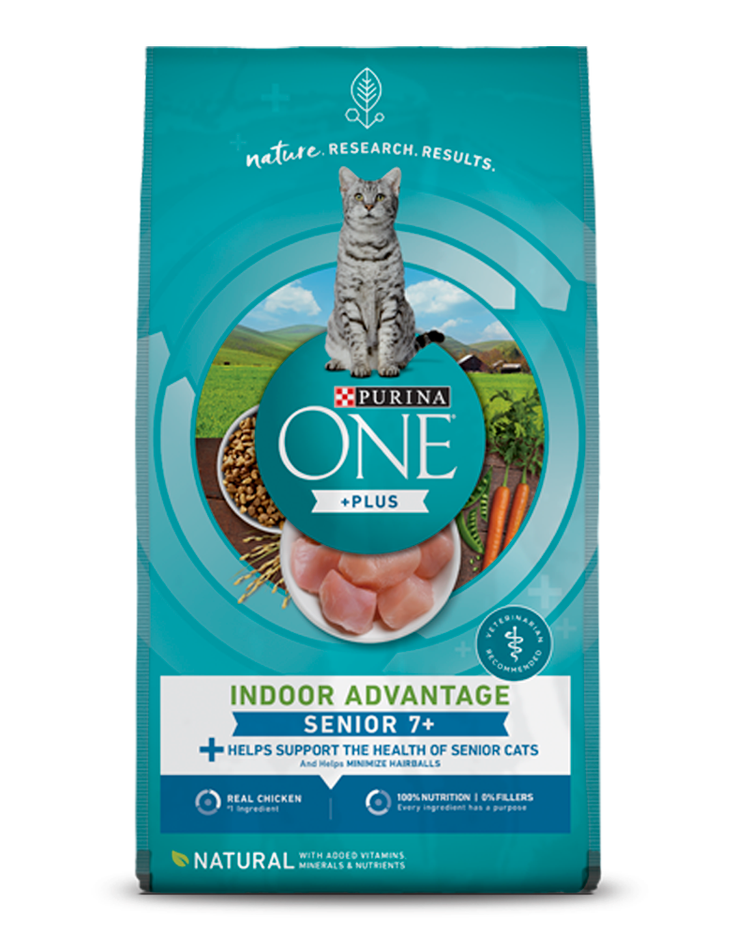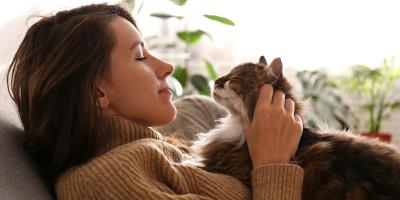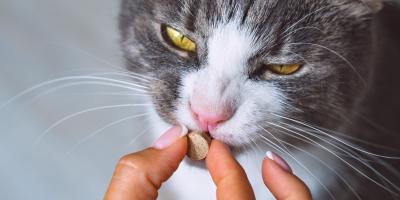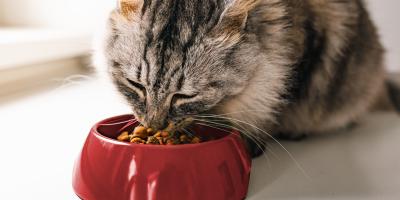Senior Cat Nutritional Requirements

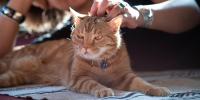
Cats have different nutritional requirements at different stages in their lives. A kitten’s nutritional needs differ from an adult cat’s needs, and a senior cat’s needs differ still.
As your cat ages, she may become less active and less efficient at digesting her food. A senior cat food can help your cat maintain her ideal body condition, and many formulas provide additional nutrients to support a long life.
Senior Cat’s Nutritional Needs
Senior cats need different levels of nutrients than kittens or adult cats. Between the ages of 7 and 11, senior cats have a higher risk of obesity due to a decrease in activity levels and metabolism. Cats over age 11 are considered geriatric and are more likely to lose body mass.
To help your cat maintain her ideal body condition, look for a senior cat food with adjusted levels of the following nutrients to meet her needs:
- Higher protein: A higher protein diet helps older cats maintain their lean body mass. Because some geriatric cats experience less efficient protein digestion as they age, dietary protein sources should be high quality and highly digestible. High quality proteins like chicken and turkey, tuna, salmon and even beef are highly digestible for older cats.
- Healthy fats: Some geriatric cats have difficulty digesting fats, but they’re still an important part of a complete and balanced diet.
- Enhanced antioxidants: Senior cats can benefit from enhanced antioxidant levels to support their immune systems, which may be declining.
- Hydration: Getting enough water can also be a struggle for older cats. They can experience an impaired sensitivity to thirst. A wet senior cat food can help them stay hydrated. You may also want to add additional bowls of fresh water in various locations throughout the house to encourage her to drink more.
Is Senior Cat Food Necessary?
The Association of American Feed Control Officials (AAFCO) only recognizes two life stages: growth and maintenance. This means senior cat foods are adult maintenance formulas that meet AAFCO’s nutritional requirements, with adjustments made to accommodate aging cats.
Your cat may continue to thrive on an adult maintenance formula for years to come. Many older cats will benefit from the adjusted nutrients found in senior formulas, however.
How to Choose the Best Senior Cat Food for Your Cat
After your cat turns seven, it’s a good idea to discuss making the switch to a senior cat food with your veterinarian. They can make recommendations based on your cat’s individual needs.
With any senior cat food, you’ll want to look for formulas that meet the above nutritional requirements. Choosing a food with highly digestible protein sources, healthy fats and antioxidants will help your senior cat to continue living a full and happy life.
If you need help choosing a Purina senior cat food, try our Pet Food Finder.
Visit our Pet Expertise page for more expert tips on senior cat nutrition, health and more.

Be Rewarded for Your Purina Purchases
Earn and redeem points for Purina products with myPurina app.

